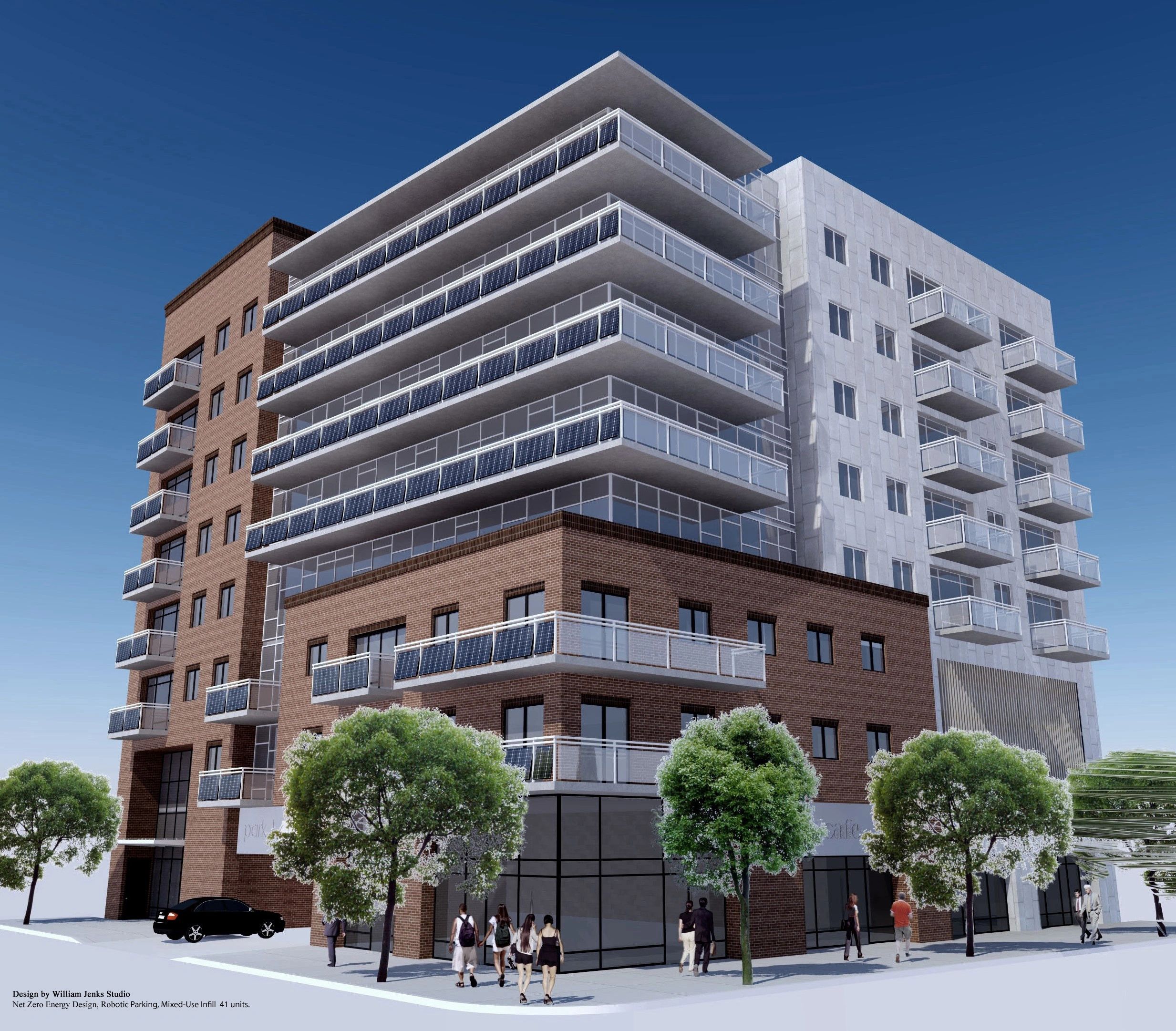Understanding the differences between surplus land and excess land is crucial in real estate, as it can significantly impact property value. Knowing how to distinguish between these two types of land can help you make informed decisions when buying or selling property.
Pain Points:
Many factors can cause confusion and potential losses for real estate investors who do not fully comprehend the distinction between surplus and excess lands. These may include:
- Inaccurate property valuations
- Unexpected property taxes
- Difficulties obtaining financing
Understanding the Distinction:
Surplus land refers to any portion of a property that is not currently being used or developed, while excess land is land that is not essential for the current or future use of the property. In other words, surplus land can be used for additional development or other purposes, while excess land is not suitable for development or use.

Tax Implications Of Commercial Real Estate Investments – Jeremy Eveland – Source jeremyeveland.com
Implications for Real Estate Value:
The distinction between surplus and excess land has significant implications for real estate value. Surplus land can increase the value of a property, as it provides an opportunity for future development or expansion. On the other hand, excess land can decrease the property’s value, as it represents a liability that requires maintenance and may not have any potential for use.
Understanding the Distinction: A Personal Experience
In my experience as a real estate agent, I came across a property owner who had a large parcel of land that included both surplus and excess land. The owner had initially listed the property for a high price, assuming that the entire parcel was surplus land. However, after conducting due diligence, I discovered that a significant portion of the land was actually excess land, which significantly reduced the property’s value.

The Global City and Real Estate: Issues, Implications, And Opportunities – Source www.dreamlandsdesign.com
Historical Context
The concept of surplus and excess land has a long history in land use planning and real estate development. In the early days of property ownership, land was often divided into large parcels, and surplus land was often used for grazing or agriculture. As cities grew and land became more valuable, excess land became a more common issue.

The Distinction between Registered and Unregistered Land – The – Source www.studocu.com
Hidden Secrets
Understanding the distinction between surplus and excess land involves examining various factors such as zoning regulations, land use restrictions, and potential development opportunities. By analyzing these factors, you can uncover the hidden potential or limitations of a property, which can significantly impact its value and marketability.
[Solved] The classical dichotomy is the separation of real and nominal – Source www.coursehero.com
Recommendations
To make informed decisions about surplus and excess land, consider these recommendations:
- Conduct thorough due diligence to determine the legal and physical characteristics of the property.
- Consult with a land use planner or real estate attorney to understand zoning regulations and development restrictions.
- Explore potential uses for surplus land and assess its potential value-add.
- Consider selling excess land to reduce maintenance costs and liabilities.

3 Elm Street, Tillsonburg | Industrial Building with excess land SOLD – Source cushwakewr.com
Understanding the Distinction: A Detailed Explanation
Surplus land is typically undeveloped land that is not required for the current or foreseeable future use of the property. It can be used for various purposes, such as future development, recreation, or conservation. Excess land, on the other hand, is land that is not suitable for development or use due to factors such as environmental constraints, zoning restrictions, or physical limitations.

How To Increase A Home’s Property Value – Source realtybiznews.com
Tips for Understanding the Distinction
Here are some tips for understanding the distinction between surplus and excess land:
- Review the property’s zoning regulations to determine the permitted uses of the land.
- Consult with a land surveyor to determine the physical characteristics of the land, such as topography and soil conditions.
- Consider the potential for future development in the area and how it may affect the value of the property.
- Seek professional advice from a real estate agent, land use planner, or attorney to ensure a comprehensive understanding of the distinctions.

Understanding Excess Land vs. Surplus Land in Residential Valuation – Source gulfstreamres.com
Detailed Explanation
Surplus land can be identified by its availability for development or other uses. It may be adjacent to the main portion of the property or separated from it. Excess land, on the other hand, is typically characterized by physical or legal constraints that limit its use. It may be located in a flood zone, have steep slopes, or be subject to conservation easements.

Surplus Land Act – Source 3-wb.com
Fun Facts about Surplus and Excess Land
Here are some fun facts about surplus and excess land:
- Surplus land can sometimes be acquired at a discounted price compared to developed land.
- Excess land can be used for various non-traditional purposes, such as nature preserves or community gardens.
- The distinction between surplus and excess land can vary depending on the specific location and legal context.

Nature’s Logic Distinction GF Land/Sea 4.4lb Dry Dog Food – The – Source www.thehindquarters.com
How to Make the Distinction
To make the distinction between surplus and excess land, consider the following steps:
- Examine the property’s legal description and zoning regulations.
- Inspect the physical characteristics of the land and identify any limitations or constraints.
- Research the potential for future development in the area and how it may affect the property’s value.
- Consult with professionals, such as a land use planner or real estate attorney, to gain expert insights.

Understanding Excess Land vs. Surplus Land in Residential Valuation – Source gulfstreamres.com
What If? Scenarios
Consider these “what if” scenarios:
- What if you purchase a property with excess land but do not realize it until after closing? You may be responsible for additional maintenance costs and property taxes.
- What if you own a property with surplus land and decide to develop it? You may be able to increase the value of your property significantly.
- What if you inherit a property with both surplus and excess land? You will need to carefully consider the implications of each type of land and make decisions about its use or disposition.
Listicle: Understanding the Distinction
- Surplus land is undeveloped land with potential for use.
- Excess land is unsuitable for development or use.
- Zoning regulations determine the permitted uses of land.
- Physical characteristics, such as topography and soil, can affect land use.
- Future development potential can influence property value.
Question and Answer
- Question: How do I know if land is surplus or excess?
Answer: By reviewing zoning regulations, inspecting physical characteristics, and considering future development potential. - Question: Can excess land be valuable?
Answer: Yes, it can have value for conservation, recreation, or non-traditional uses. - Question: What are the risks of owning excess land?
Answer: Additional maintenance costs, property taxes, and potential liability. - Question: How can I maximize the value of surplus land?
Answer: By exploring development opportunities or selling it to reduce liabilities.
Conclusion of Understanding the Distinction Between Surplus Land and Excess Land: Implications for Real Estate Value
Understanding the distinction between surplus and excess land is a crucial aspect of real estate decision-making. By grasping the differences, you can accurately assess property values, make informed choices about land use, and maximize your investment potential. Remember to conduct thorough due diligence, consult with professionals, and consider the specific legal and physical characteristics of each property to navigate the complexities of surplus and excess land.